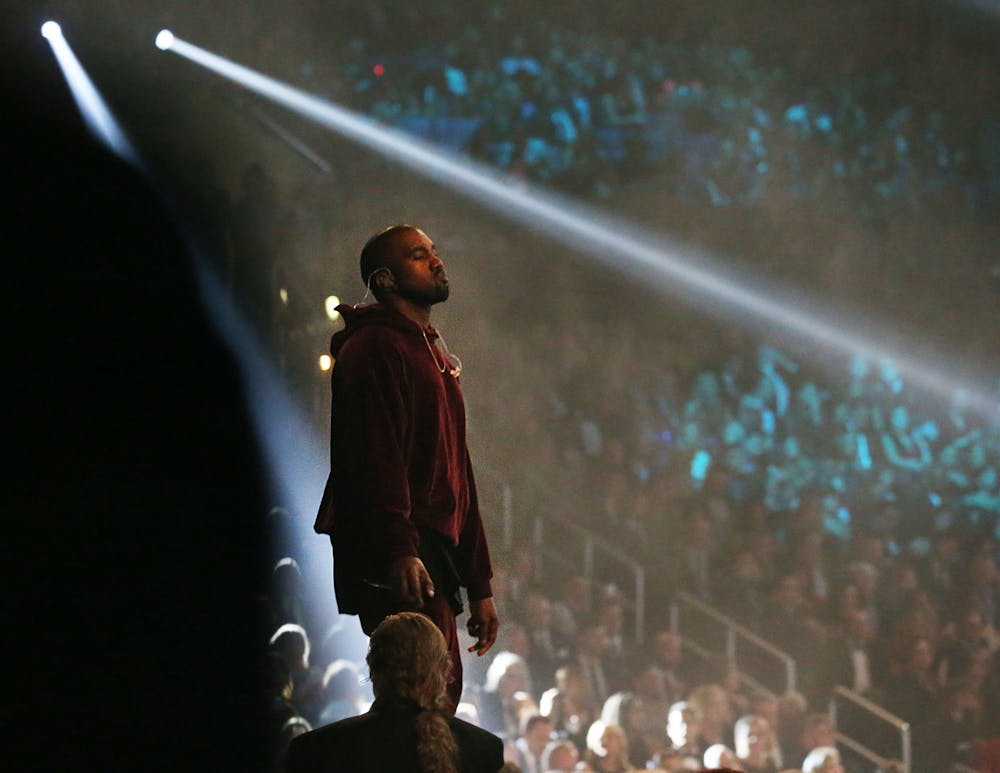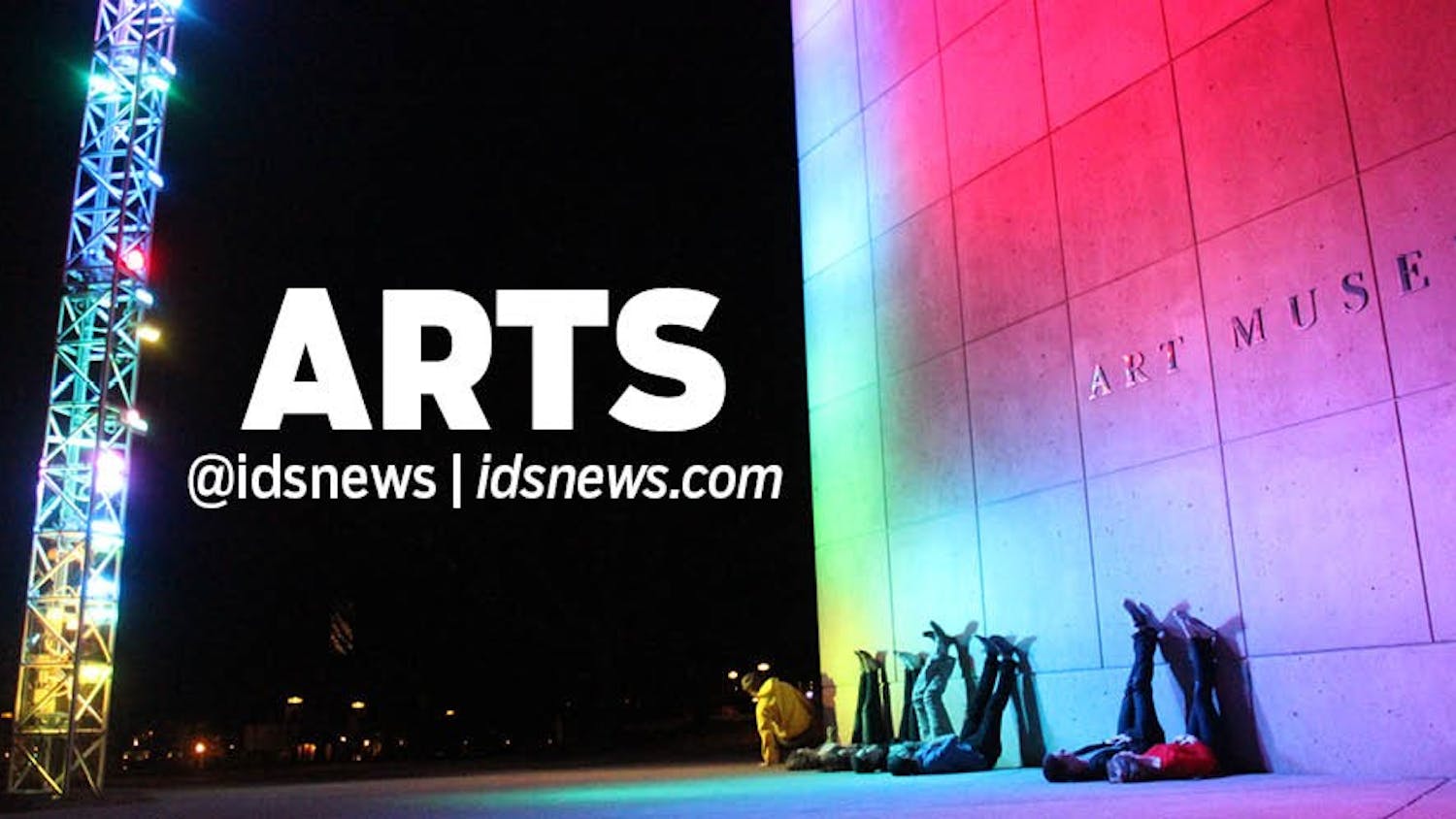The album of the summer or an album to forget? A brilliant retelling of an old English fable or contrived artsy garbage?
Kanye West’s album “Donda” was finally released Sunday morning after a long-winding series of faux release dates and random delays — though nobody knows whether it will even remain as-is, as West is known for continual tinkering. Its release has spurred yet another iteration of the never-ending conversation that plagues every major artist’s newest project: is it good or bad?
Every other TikTok comment section and Twitter thread seems to be flooded with “Donda mid,” i.e. mediocre or bad, and “Donda 10/10,” and for what? It’s largely fruitless to debate the merits with those locked into their opinions, but regardless, the worth of an album — or any other piece of art — is measured subjectively.
Nobody can listen to your favorite album and interpret it the same way. Even other people with sentimental attachments to The Beach Boys’ “Pet Sounds” won’t hear the album with my exact memories of quiet early morning bus rides in high school. Nobody else watching the live action 2002 “Scooby-Doo” movie will have my precise memories of wearing out my parents’ DVR with repeat viewings in elementary school. I hope.
And that’s okay. Art is valuable to us for our own reasons sometimes.
Most everyone has lived the experience of showing your friend your favorite movie only for them to think that it’s fine. Or — through no fault of your own — you were that friend once.
Even disregarding sentimentality, we all value art in different ways. One person may have loved the recently released A24 movie “The Green Knight” for its cinematography and for Dev Patel’s captivating performance, just as another person may have hated it for its slow pace. Neither of them are wrong.
However, personal enjoyment or lack thereof cannot inform all your thoughts on art. Often, its value in wider society can get lost in the focus on oneself. Artists like Frida Kahlo and Francisco Goya produced art that reflected their worlds, and that value can easily be underestimated by those who don’t share the societal context.
While it is important to understand broader context and popular thought on art, don’t let that preoccupy you.
This past decade has seen the rise of a trend proving a rather mixed bag for art discourse, and that’s the rise of pop critics like Anthony Fantano and accessible art critique platforms like Letterboxd and Rate Your Music. Critique becoming particularly mainstream has empowered the sharing of opinions both conscientious and imperious.
For every great, under-the-radar album or movie these sites help you find, you’ll also find one just as acclaimed that simply isn’t for you. That doesn’t make either “good” or “bad.”
Sometimes it feels like egocentric consumers forget that everyone experiences art differently. Whatever you do or don’t get out of “Donda,” “Solar Power” or “Whole Lotta Red,” please don’t preoccupy yourself with what others think of the art itself. Rate Your Music is not omniscient. There is rarely an inarguable opinion.
Don’t misunderstand me. I’m not advocating for the end of thoughtful and critical conversations about art and media. I’m just exhausted by those who confuse their enjoyment for enlightenment.
The legendary film critic Roger Ebert once said, “Your intellect may be confused, but your emotions will never lie to you.” Just don’t forget to engage critically with your own perspective.
Nearly all art will mean something to somebody, and that thought merits continual self-reflection.




